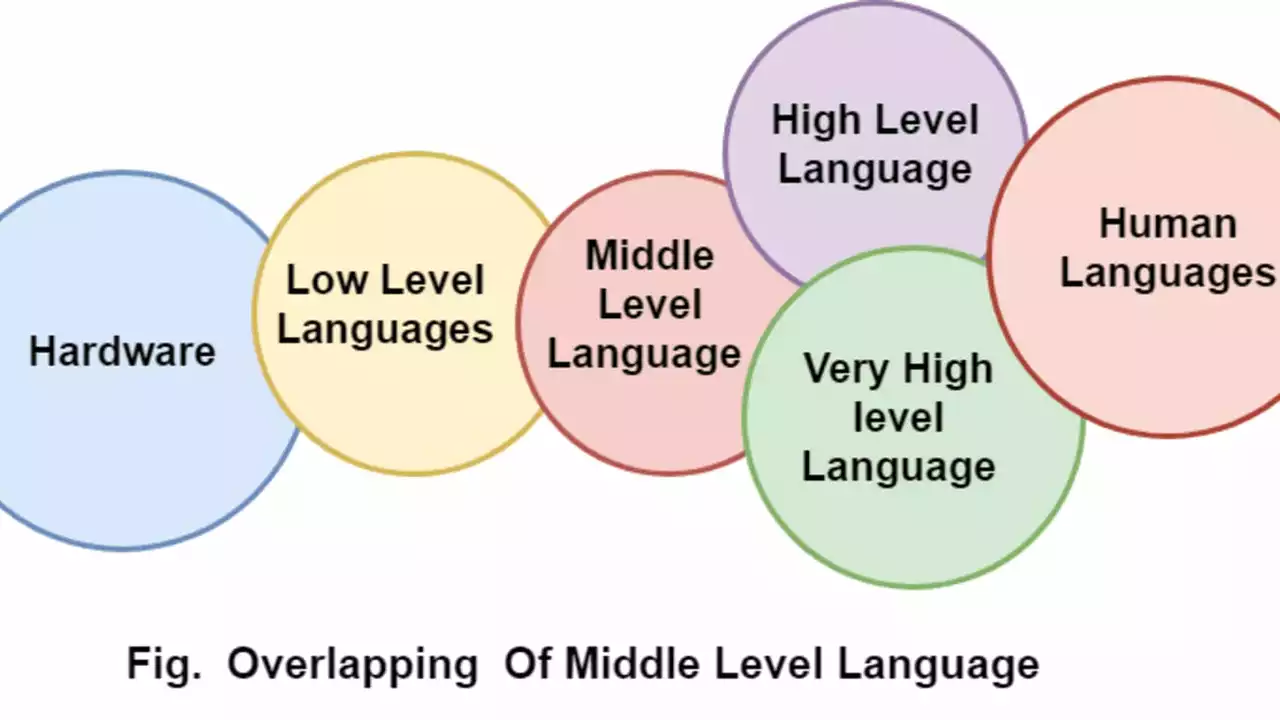Cultural Differences in Soccer – Why the Game Feels Unique Everywhere
Ever notice how a match in Brazil feels completely different from one in England? That’s not just the weather or the stadium size – it’s the culture behind the sport. Fans, players, and even the way teams train are all shaped by local customs, history, and social values. Understanding these cultural differences helps you enjoy the game on a deeper level and makes you sound smart next time you chat with a fellow fan.
Why Cultural Differences Matter in Soccer
First off, culture decides what fans expect from their team. In South America, supporters treat football like a religion; they chant, dance, and paint their faces from kickoff to the final whistle. In contrast, many European fans value order and tradition, often sitting quietly until a goal is scored before erupting in celebration. These attitudes affect everything from ticket prices to how loud the crowd is allowed to be.
Players also carry cultural habits onto the pitch. African forwards often rely on raw speed and raw creativity, a reflection of street‑football roots. Japanese midfielders, meanwhile, emphasize discipline and quick passing, mirroring the country’s focus on teamwork and precision. When coaches understand these traits, they can build tactics that fit the players’ natural instincts instead of forcing a one‑size‑fits‑all approach.
Even the business side of soccer feels the cultural stamp. Sponsorship deals in China frequently involve tech companies eager to tap into the massive online audience, while in the UK, legacy brands like breweries and car makers dominate stadium advertising. Knowing which sponsors resonate with local fans can make a club’s marketing strategy far more effective.
Examples of Cultural Differences Across the Globe
South Africa: Sports and recreation are a national unifier. Soccer matches double as community events where music, food, and dance are as important as the game itself. The vuvuzela, once mocked, became a symbol of pride for South African fans.
Japan: Fans are known for their orderly chants and perfectly timed waves. The stadium atmosphere feels like a synchronized performance, reflecting Japan’s cultural emphasis on harmony and respect.
Italy: Passion runs high, but it’s often expressed through intense debate rather than rowdy noise. Watching a Serie A game, you’ll hear fans argue tactics and player choices with the fervor of a political debate.
United States: Soccer is still growing, but the influence of other sports is obvious. Halftime shows, player interviews, and even the use of instant replay mirror what you see in American football or basketball, catering to a broader audience that’s used to high‑production entertainment.
Middle East: Clubs often have deep ties to royal families or local businesses, and the fan base respects those connections. Matches can be a showcase of national pride, with elaborate pre‑match ceremonies that highlight cultural heritage.
These snapshots show that soccer isn’t a single, universal experience. The game adapts to local customs, creating a rich tapestry of styles, rituals, and emotions. When you watch a match, ask yourself: what cultural signals are at play? Are the chants reflecting a historic rivalry? Does the playing style echo street games from a nearby neighborhood?
By paying attention to these details, you’ll start seeing the beautiful game not just as a sport, but as a mirror of the world’s diverse cultures. That’s the real magic of soccer – it brings people together while celebrating the differences that make each match unique.
Why do some people hate the term 'soccer'?
I've noticed that the term 'soccer' seems to rub some people the wrong way. It's mainly because this term is predominantly used in the U.S., while the rest of the world refers to it as 'football'. Many perceive this American term as an affront to the international tradition of the game. The divergence in terminology also tends to cause confusion and debate among sports enthusiasts. Despite this, it's important to remember that while the names may vary, the passion for the game remains universal.
